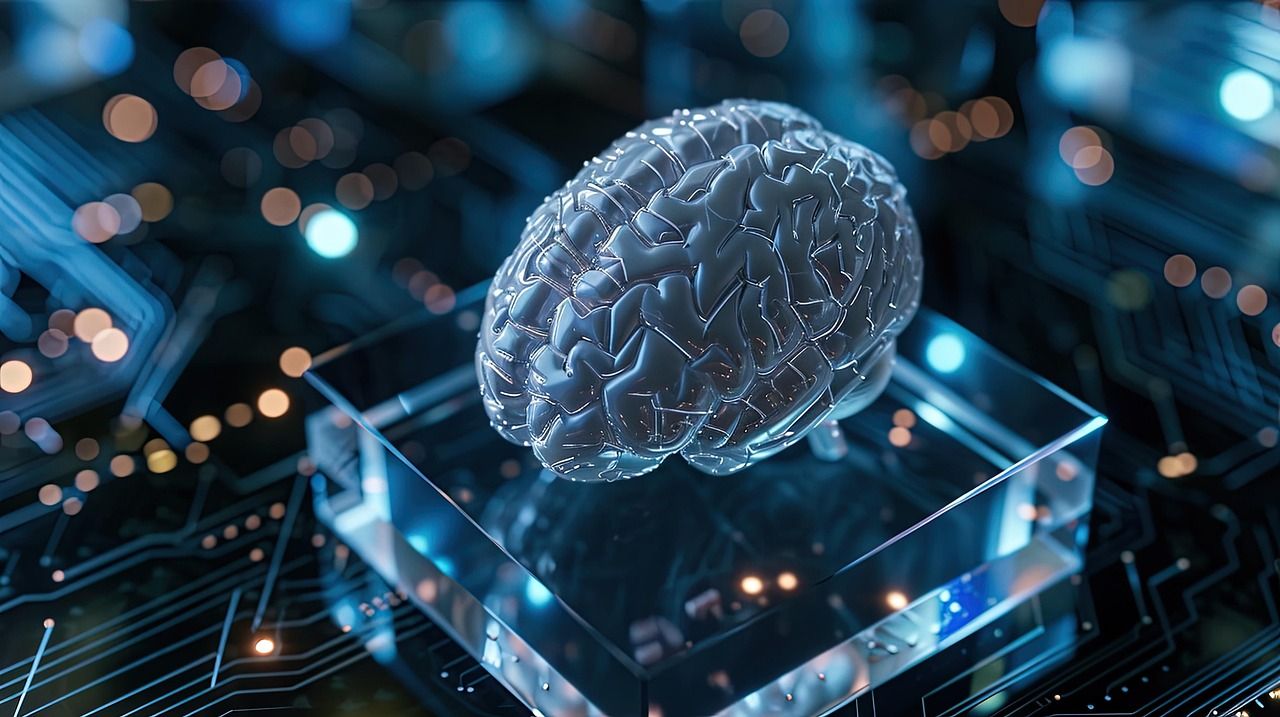
Decentralize AI for Greater Trust Among Americans
A recent survey reveals that the majority of Americans believe decentralized artificial intelligence (AI) would lead to broader benefits by reducing centralized control.
Key Highlights:
- Bitcoin has evolved from being a niche idea into a fundamental economic entity in the U.S., allowing investments through 401(k)s and IRAs.
- Trust issues surrounding AI are similar to those Bitcoin faced, with decentralized AI emerging as a solution.
- According to a Harris poll, 75% of respondents think decentralized AI promotes innovation, and 71% view it as more secure for personal data.
The Evolution of Bitcoin
A decade ago, Bitcoin was considered niche, much like the internet in the early ’90s. Now, it sits at the forefront of U.S. economy discussions, with investment opportunities now woven into household financial tools.
The shift to embrace Bitcoin wasn’t spontaneous; it came as its core values—accessibility and transparency—provided an alternative amidst declining trust in traditional finance.
The Trust Dilemma in AI
As AI thrives, the pressing question remains: Who governs it? A recent Harris poll commissioned by DCG highlights that 74% of U.S. participants think AI would yield better outcomes if not controlled by a few large organizations.
This trust gap, reminiscent of Bitcoin’s early challenges, suggests that decentralization, rather than additional gatekeeping, is the answer. By utilizing transparent systems, decentralized technologies can rebuild trust and guarantee accountability.
The Benefits of Decentralized AI
Decentralized AI (deAI) operates on distributed networks, eliminating the risk of a singular entity seizing control. This model emphasizes user empowerment over corporate dominance. Projects like Bittensor are at the forefront, offering inclusive access to AI resources for users across the spectrum.
How Lawmakers Can Support Decentralized AI
Although the public supports decentralized AI, policymakers must recognize that the foundational structure of AI systems is pivotal in shaping their functionality. For meaningful progress, they should:
- Foster innovation through open ecosystems
- Facilitate individual benefit from personal data
- Prevent Big Tech monopolization in regulation
As AI strives to emerge from the shadows of corporate dominance, a significant trend points toward decentralized practices marking the future of technology.
To enhance the potential of AI for the public good, decision-makers must prioritize innovation and inclusiveness, fostering the evolution toward a more equitable digital landscape.
Note: The perspectives expressed in this article belong to the author and do not necessarily represent those of CoinDesk, Inc. or its affiliations.
